Evolution of Libertyville Slang
If you’ve ever heard or used the popular slang at Libertyville High School, then you have a group of then-sixth graders to thank.
Now 21 years old, Joe Borcia, Connor Cleary, Sean Ferraro, Jimmy Keefe, Jake Mansfield, Timmy Meyer and Mitchell Townsend invented the popular language when they were only 12 years old, explained Keefe over email. Created by a group of immature sixth graders, this language is still used often at LHS and is part of many students’ daily vocabulary.
“All of these words were created at sleepovers either [in] Jake Mansfield or Joe Borcia’s basement,” said Keefe. Outside of their basements, the boys used the slang frequently and their classmates quickly caught onto the trend, much to the dismay of its creators.
They would often change up the words and their meanings in order to stop people from using it, Keefe explained. But despite their efforts to keep their language to themselves, there was no avoiding the slang from spreading to their peers.
According to Keefe, once the slang was created, it spread rapidly throughout the school.
“The slang couldn’t be avoided, and by the time we were in eighth grade, everyone was using the slang…and I mean everyone.”
Along with the students, the slang was also used by their teachers, who would sometimes write slang words on the board in order to get the students’ attention.
When these words were first introduced to the sixth graders at Highland Middle School, the most popular words were some that are not heard today.
Keefe mentioned that “whenever [the creators] are together, we still use the slang to an extent, and we laugh about how crazy and out of hand it got.” He added, “I am 21 years old, and I will forever think these words are hilarious.”
Students using Libertyville slang
In an email survey about “Lville slang” conducted in late January, 373 LHS students responded. Thirty-one percent decided that “bayd” is their favorite slang term, while 47 percent thought that it was the most popular. Keefe agreed that this is the most-used word.
Students also consider “cya” as one of the most popular words, and 22 percent of people determined that it was their favorite.
Senior Margo Lawless is notorious for her use of the slang. She explained that she uses it because it connects LHS people and “it’s just easier to use…even though they don’t have specific meanings, it…just sounds better almost.”
Lawless started using the language her freshman year because “this kid who was a senior in [her] health class…started saying it…and [she] did it because he was a senior and he seemed really cool for saying it.”
Along with the boys who started the slang, current senior Charlie Bloom is one of the many people who carried it on. During his freshman year at LHS, Bloom created a Quizlet called “Bayd libertyville slang for Livdev” for Olivia Devin, a staff member on DOI, to teach her the slang because she was a new student at LHS.
The Quizlet includes tons of words that LHS students use daily. His list includes the current words that are used by students at LHS, and some that aren’t used as often anymore.
Bloom started using the slang when he was in eighth grade as an alternative way to communicate with people. He said it has now become part of people’s everyday language.
“I feel like people don’t really react anymore. It’s just become so commonplace that no one really has any reaction to it,” Bloom said.
He agreed with the poll that “bayd” is the most commonly used slang word although, according to Bloom, the use of slang is dying out from its peak during Bloom’s freshman year.
Staff using Libertyville slang
Mr. Matt Thompson and Mr. Jonathan Kim, both social studies teachers, are a couple of staff members at LHS who have become known for using slang while they are teaching. Mr. Thompson began to acknowledge and use the slang when the current seniors were freshmen.
A couple years back, he used the Quizlet as a cheat sheet to build his slang vocabulary and understand what his students were saying. Mr. Thompson explained that when he used slang with his students, they were often surprised that he knew the words and some of his students didn’t even know the meanings.
Although his use of slang has decreased in recent years, when it was popular, Mr. Thompson remembers “bayd,” “güd” and “hoyt” as the most commonly used slang words.
“Obviously it’s harmless, I think, in terms of the language being used, so I felt like it was fine to just kind of make fun of it…it wasn’t a big deal; it was kind of a joke,” he said.
Mr. Kim, a first-year teacher, was introduced to the slang words during first semester by a group of seniors.
“One day early first semester, some seniors gave me a quick rundown of all the words I needed to know. They didn’t introduce me to all of them. They just introduced me to a couple of them because they used them.”
He uses “bayd,” “güd” or “bet” while teaching, which he said gets the students to laugh, engage and refocus on what he has to say. When asked how frequently he uses slang in his classroom, Mr. Kim said, “I keep it in the back pocket for a good comic relief moment; I like to save it up. I feel like if I use it too much, it will stop being something that gets students to laugh or to tune back in and so I save it. I feel like once every other week, I’ll throw one of them out there.”
Mr. Kim doesn’t limit the use of this slang to his classroom; he uses it while coaching girls volleyball as well. In this setting, he uses the same slang but for a different purposes: to lighten the mood.
“If somebody has a good hit, you can say, ‘that was bayd,’ and then if you’re trying to poke fun at someone, if they mess up a play, you just jab them with ‘that was pretty güd’ and it’s quick and they laugh and it keeps the energy up,” he said.
Merriam-Webster defines “language” as “the words, their pronunciation, and the methods of combining them used and understood by a community.”
Similarly, Mr. Kim justified the use of slang by elaborating that “language ties communities together, and we talk about how language shapes the way people see and perceive the world. So as long as language is doing that, if it’s being a unifier and something that helps create a better reality and experience at Libertyville, then I have no problem with it.”




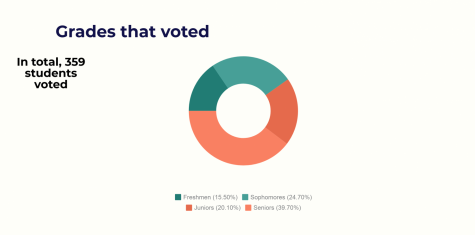
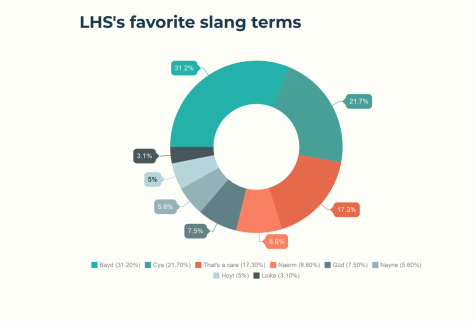
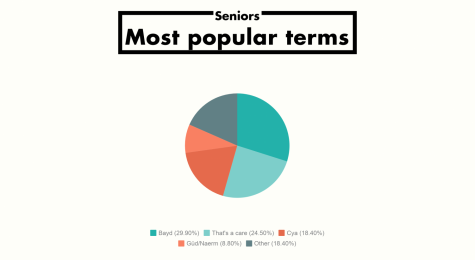
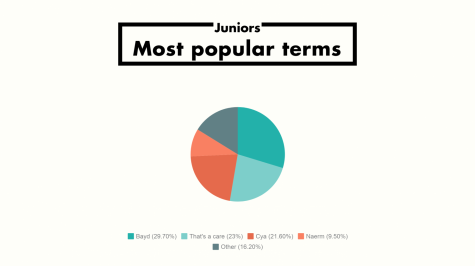
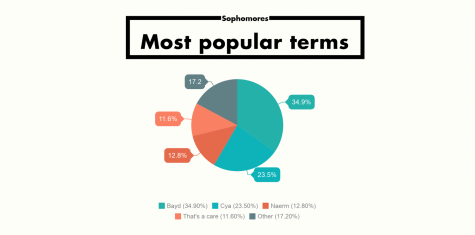
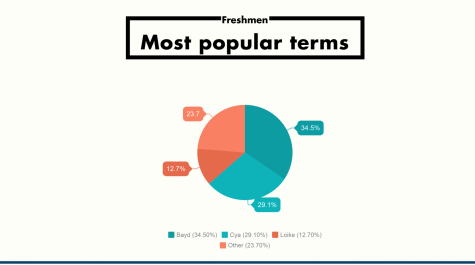
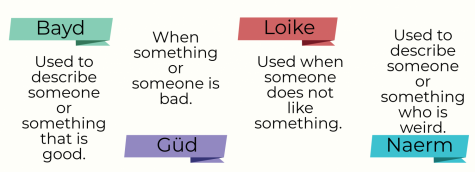
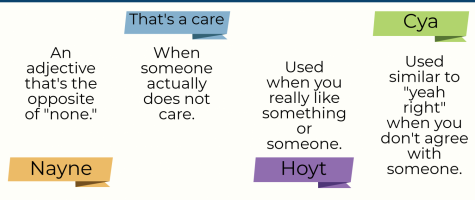
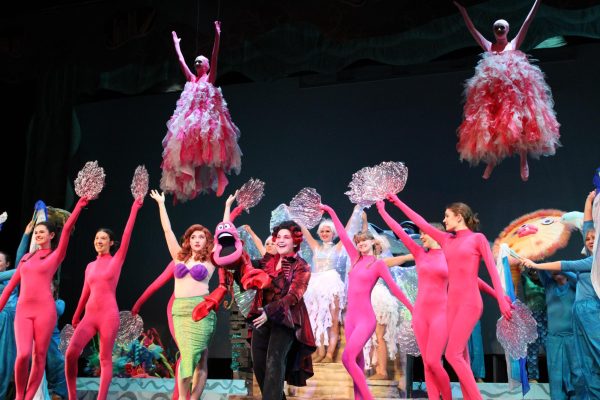
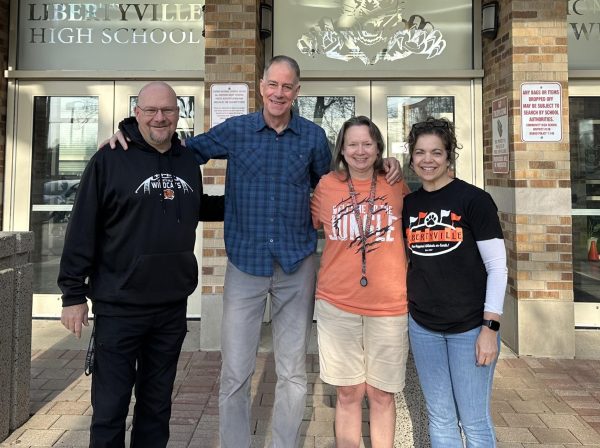
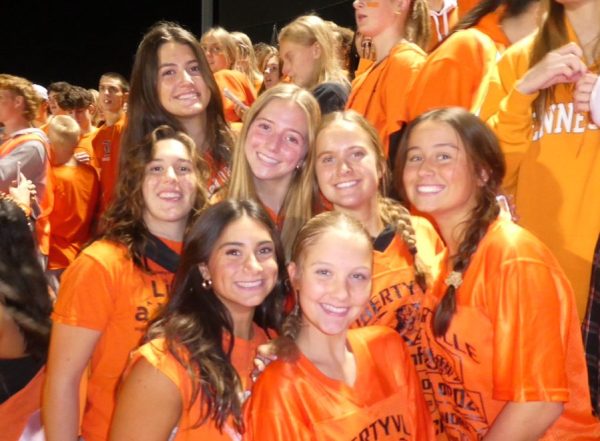
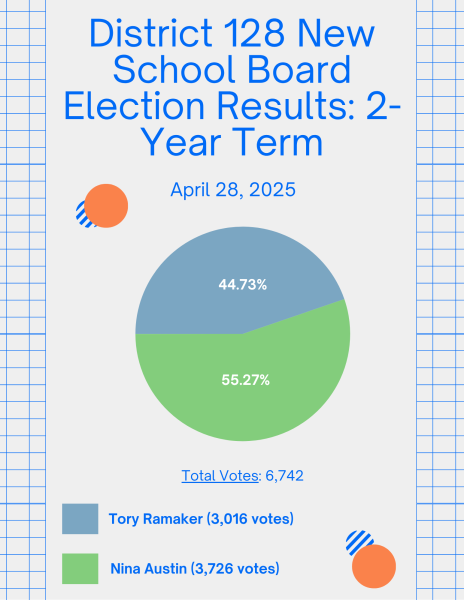
![Mr. Abullh Ali, manager/assistant, helps open Queen Yemeni Coffee in downtown Libertyville at 606 North Milwaukee Ave. With the help of employees such as manager and LHS senior Yousef Taha, they are able to bring the Yemeni and Ethiopian culture to Libertyville by using their Queen spices, cinnamon and cardamom in their drinks such as Adani Chai, which is inspired by Sheda, the Queen of Yemen and Ethiopia. “The history of our coffee [is] a long history and we believe that Yemen and Ethiopia started the coffee and we are bringing something unique to the community,” Mr. Ali said.](https://www.lhsdoi.com/wp-content/uploads/2025/04/Photo-1-600x400.jpg)

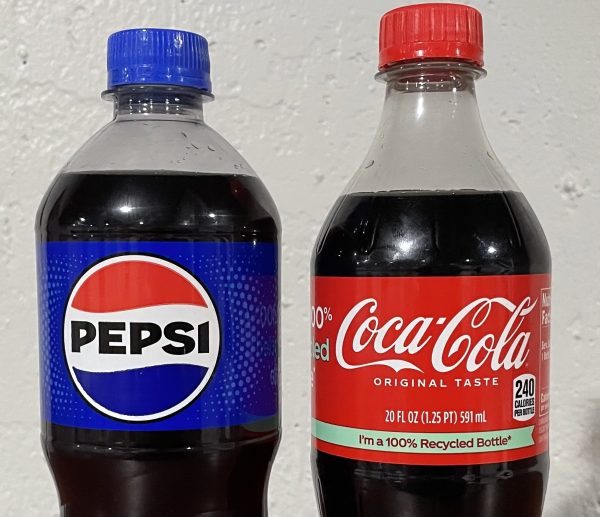

Dady • May 7, 2018 at 4:31 pm
Slang is difficult because everything about it defies simple classification. Nobody knows the etymology of the word slang. If you take slang to a linguist they try to define it within the boundaries of what they know as linguists, and very soon they discover they can’t find a specific register into which it falls. I think parents need to decode slang words of teen to get better understanding and communication with them. Look at the example of latest teen slang words in 2018. If parents don’t get these words what can you think about these parents then ?
https://momydady.com/teenage/teen-slangs-words/